
Read or listen offline
Amazon KindleRecommendation
Discussing intrinsic differences inherent in certain groups can be uncomfortable, since it can sometimes wrongly assume a hierarchy of good-to-bad, and it can sound like stereotyping or even racism. Business psychologist Gurnek Bains keeps bias out of his in-depth analysis as he examines socioeconomic variations among national and regional populations. His research analyzes factors, some dating back thousands of years, which shape the “cultural DNA” of people from eight different regions. Human beings have a lot in common, yet people think in ways that are slightly but meaningfully distinctive. While many business books explore cultural differences in general, Bains digs deeper to explain the roots of those differences and to consider how they affect contemporary workplace diversity. getAbstract recommends his compelling scholarly research to all leaders and to anyone crossing virtual or physical borders for business or pleasure.
Summary
About the Author
Gurnek Bains is the co-founder of Young Samuel Chambers, an international cultural consultancy. He also wrote Meaning, Inc.








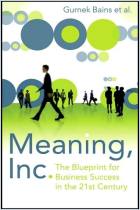
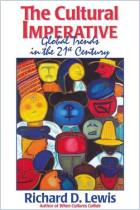
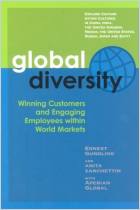
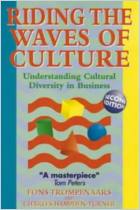


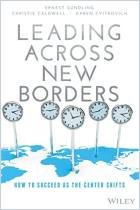


Comment on this summary
I encourage people to read this book, not only for business purposes but for life in general. We need to understand, as the author says it very well, the background of each person, understand their countries, their culture and know the differences and similarities we have in common.
This book should be in every company doing international business.
I really liked it !!
Elsa Krauss
Chemist , Environmental Engineering
Lake Worth, Florida USA